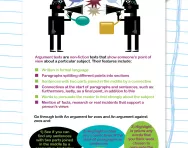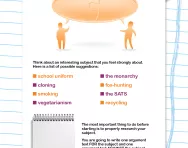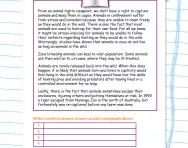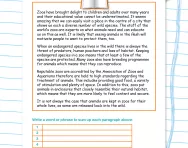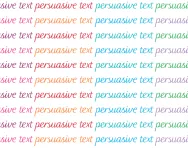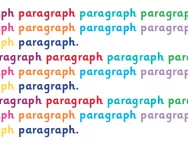Important update from TheSchoolRun
For the past 13 years, TheSchoolRun has been run by a small team of mums working from home, dedicated to providing quality educational resources to primary school parents. Unfortunately, rising supplier costs and falling revenue have made it impossible for us to continue operating, and we’ve had to make the difficult decision to close. The good news: We’ve arranged for another educational provider to take over many of our resources. These will be hosted on a new portal, where the content will be updated and expanded to support your child’s learning.
What this means for subscribers:
- Your subscription is still active, and for now, you can keep using the website as normal — just log in with your usual details to access all our articles and resources*.
- In a few months, all resources will move to the new portal. You’ll continue to have access there until your subscription ends. We’ll send you full details nearer the time.
- As a thank you for your support, we’ll also be sending you 16 primary school eBooks (worth £108.84) to download and keep.
A few changes to be aware of:
- The Learning Journey weekly email has ended, but your child’s plan will still be updated on your dashboard each Monday. Just log in to see the recommended worksheets.
- The 11+ weekly emails have now ended. We sent you all the remaining emails in the series at the end of March — please check your inbox (and spam folder) if you haven’t seen them. You can also follow the full programme here: 11+ Learning Journey.
If you have any questions, please contact us at [email protected]. Thank you for being part of our journey it’s been a privilege to support your family’s learning.
*If you need to reset your password, it will still work as usual. Please check your spam folder if the reset email doesn’t appear in your inbox.
What is argument text?

What is an argument text?
An argument text is a text written about a subject, where the writer is either 'for' or 'against' the subject. Common argument texts written in primary school highlight the pros and cons of subjects such as zoos, school uniform or the use of computer tablets in education.
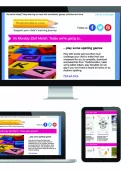
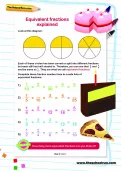
Boost Your Child's English & Maths!
- Weekly programme for each school year
- Worksheets sent direct to your inbox
- Keeps your child's learning on track
Children study and write argument texts in Key Stage 2. They will read a range of them and get a feel for the way they are structured and the kind of language used.
Features of argument texts
- They usually start with an introduction
- They are written in formal language
- Sophisticated connectives at the start of sentences and paragraphs give the writing a formal tone (In addition to this point... Furthermore... Another important fact is...)
- The writing is usually split up into paragraphs.
- Often the writer's viewpoint will be backed up by facts and research.
- The aim of the writing is to persuade the reader to consider the writer's point of view and perhaps sway them towards their opinion. Rhetorical questions may be used to help with this persuasion.
Once children have familiarised themselves with this genre, they then start drafting their own argument texts.
The teacher will usually choose one topic that the class will research. It is important for them to find out plenty of facts about this topic, as good argument texts are backed up by robust research.
Children need to make notes on their research and then start drafting their argument text, thinking about the features they have looked at in the texts they have read.
They will need to pay close attention to how they structure their text, including thinking about paragraphs and strong opening and closing sentences. They will then go through a process of editing their work with the help of teachers or peers, and then writing their argument up in neat.
You'll find details of all the non-fiction texts studied in primary school in our parents' guide.


